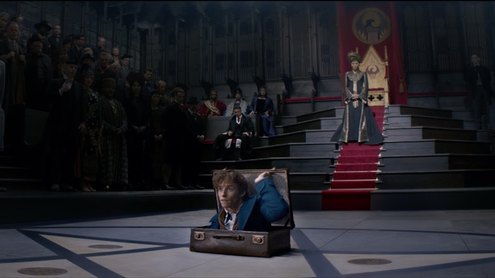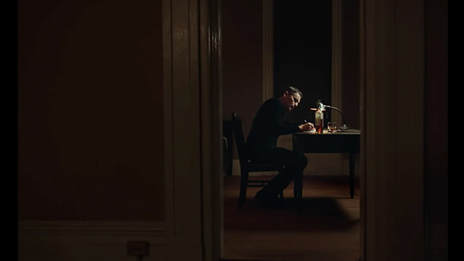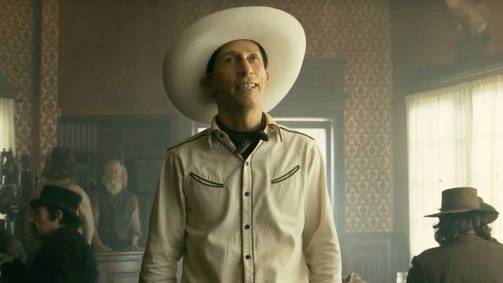B- | A magic zoologist intersects with an evil plot in 1920's New York Directed by David Yates Starring Eddie Redmayne, Katherine Waterston, and Dan Fogler Initial Review by Jon Kissel |

 I’ve never been a fan of Harry Potter, as it’s readily apparent that the movies are too small for the books and are therefore reduced to multi-million dollar games of Spot the Reference. Save for an Alan Rickman performance or an Alfonso Cuaron direction here or there, they’re joyless and perfunctory. The non-reader can sense that any emotional power derived from the movies is built atop a more in-depth depiction on the page, and without that foundation, there’s little there. Fantastic Beasts and Where to Find Them should be free from this shackling. It has to ultimately sync up with Potter, but that’s decades away. Building the world beyond an English boarding school expands the scope and potentially makes it easier to digest for viewers who have no interest in thousands of pages of mythology. However, David Yates has learned all the wrong lessons from a career spent almost entirely in the Wizarding World, and here, he makes a film somehow more impenetrable than a filmed adaptation of a 600 page tome.
0 Comments
 If a theme had to be forced onto the films that just happen to have been released in 2018, despair comes to mind. It’s been present in works ranging from arthouse indies like Eighth Grade and You Were Never Really Here to the big-budget spectacles of Avengers: Infinity War and Deadpool 2. Nowhere is despair more prevalent than in Paul Schrader’s haunting First Reformed, where all forms and all scales of dread are encapsulated by another of Schrader’s ‘god’s lonely men.’ Calling to mind the spare, religious-inflected introspection of mid-century masters like Robert Bresson, First Reformed is a bleak rebuke of hope and a dense treatise in search of it.
 I picture Joel and Ethan Coen writing their scripts in their office and laughing at each other about how their films will be interpreted. Maybe they think about all the ink that will be spilled by critics and film journalists wondering why the Mike Yanagita scene is in Fargo or what the true role of John Goodman is in Barton Fink, and chuckle that they don’t actually put these mysteries in their films for any purpose other than the mystery itself. Much like several of their films, there is actually no meaning to be discerned. The Coens love coincidence with no rationale behind it and the capriciousness of an impassive and unknowable prime mover, themes that film writers aren’t big fans of because there isn’t much to write about when that is the case. The reviewer looking for answers asks ‘why did that happen’ and the Coens reply ‘why ask why?’ The Ballad of Buster Scruggs appears to be exactly as cosmically retributive as much of the Coens’ earlier work, with that prime mover watching from above and snatching goodness away from the characters’ grasps. Though each of the six stories feature bloody ends, this is actually something of an outlier for the duo, in that it’s obliquely beautiful in its own specific way. Joel and Ethan remain as fatalistic as ever, but nothing is so simple as the point A of birth and the point B of death. There are songs to sung and moments to be shared along the way. |
AuthorsJUST SOME IDIOTS GIVING SURPRISINGLY AVERAGE MOVIE REVIEWS. Categories
All
Archives
April 2023
Click to set custom HTML
|